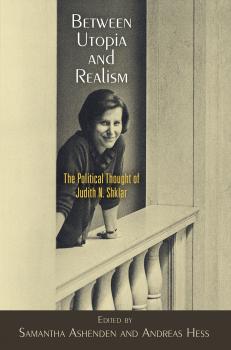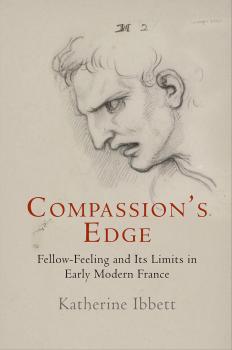ТОП просматриваемых книг сайта:















Haney Foundation Series
Скачать книги из серии Haney Foundation SeriesАннотация
Информация о книге
Автор произведения C. Stephen Jaeger
Жанр Языкознание
Серия Haney Foundation Series
Аннотация
Информация о книге
Автор произведения Richard Dellamora
Жанр Биографии и Мемуары
Серия Haney Foundation Series
Аннотация
Аннотация
Информация о книге
Автор произведения Pamela L. Cheek
Жанр Языкознание
Серия Haney Foundation Series
Аннотация
Информация о книге
Автор произведения Отсутствует
Жанр Афоризмы и цитаты
Серия Haney Foundation Series
Аннотация
Информация о книге
Автор произведения Michael Locke McLendon
Жанр Афоризмы и цитаты
Серия Haney Foundation Series
Аннотация
Аннотация
Аннотация
Информация о книге
Автор произведения Katherine Ibbett
Жанр Языкознание
Серия Haney Foundation Series










